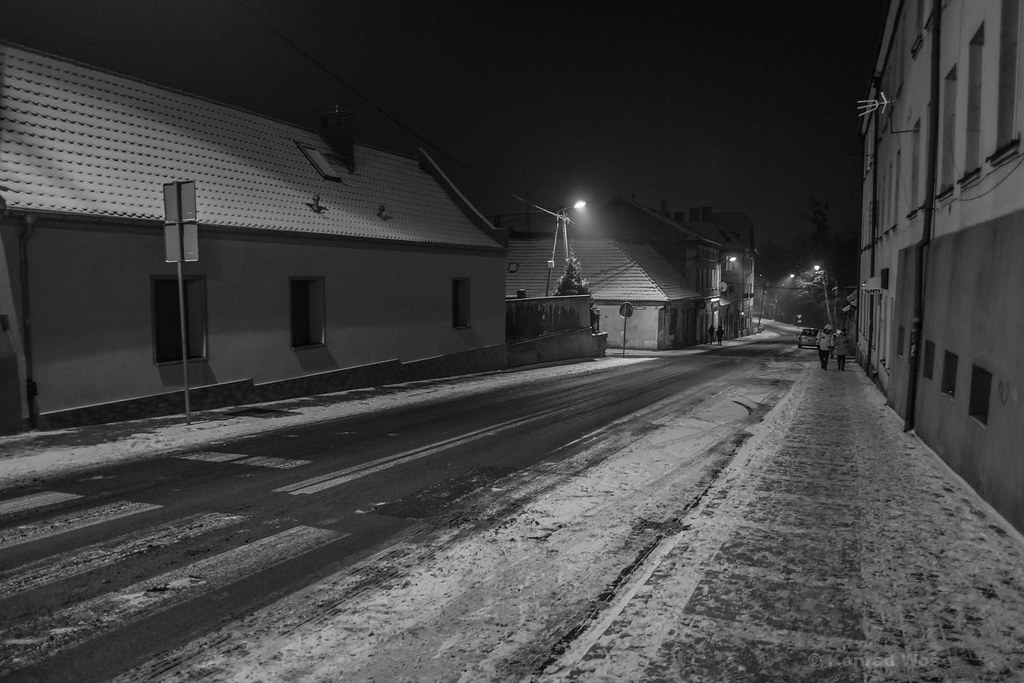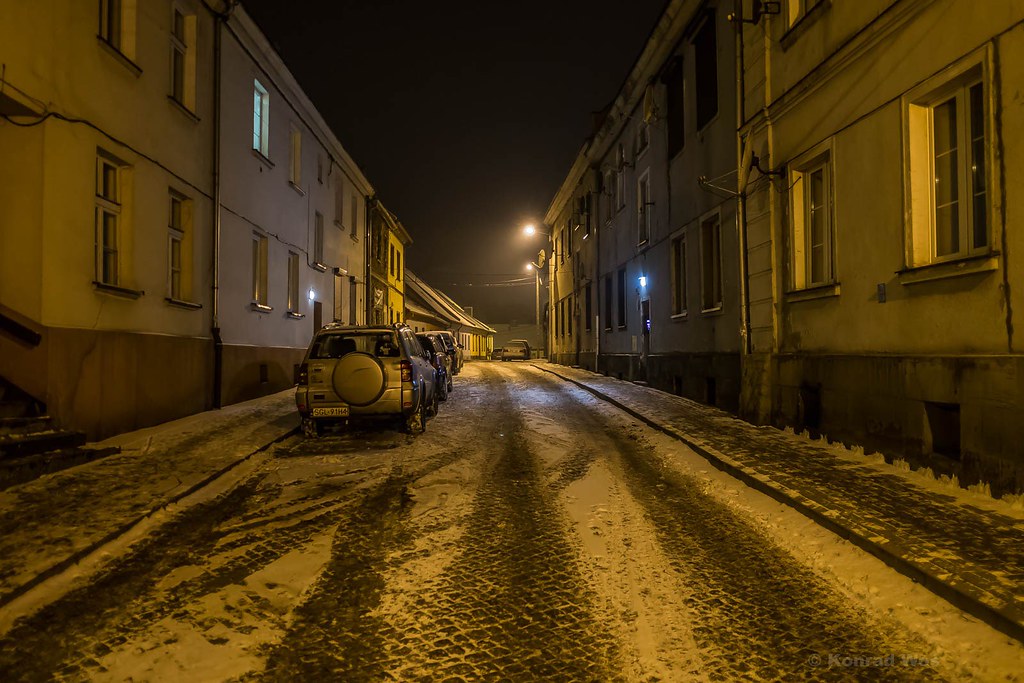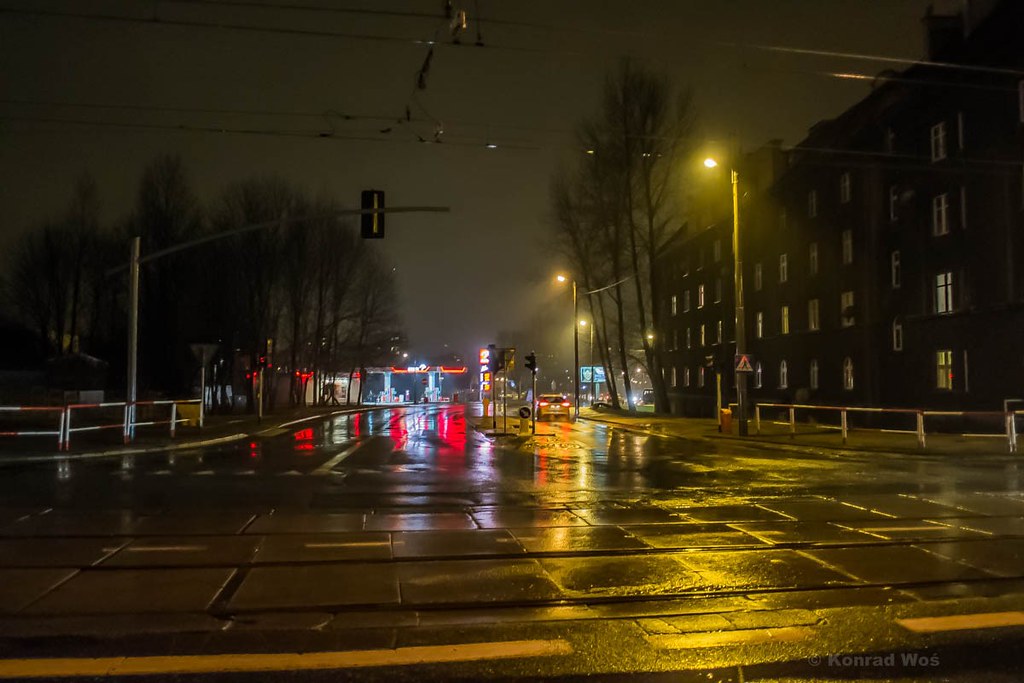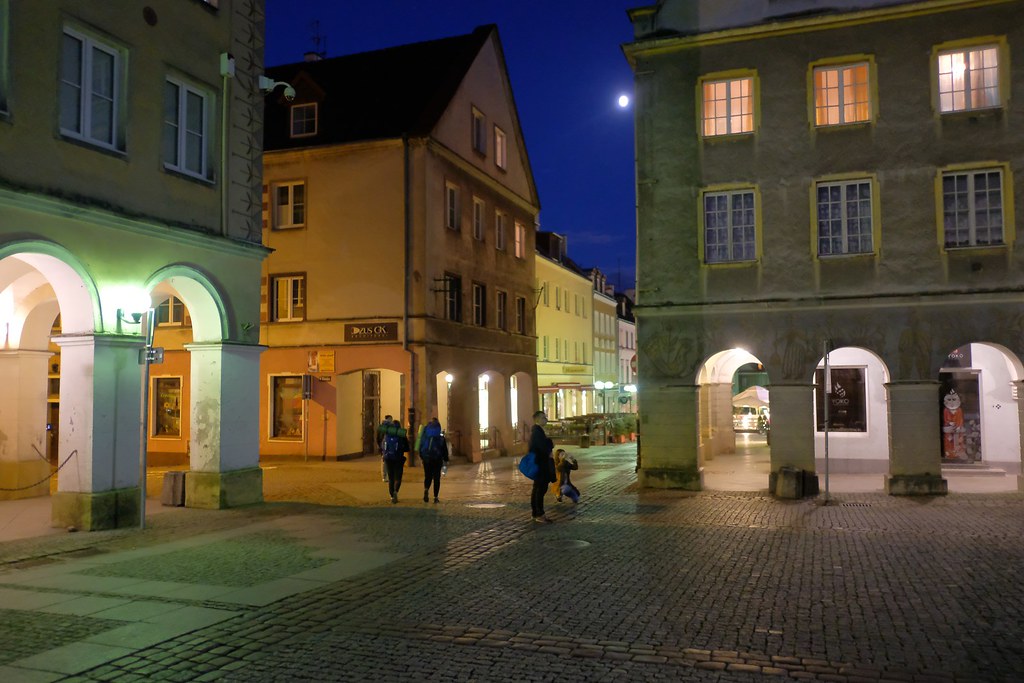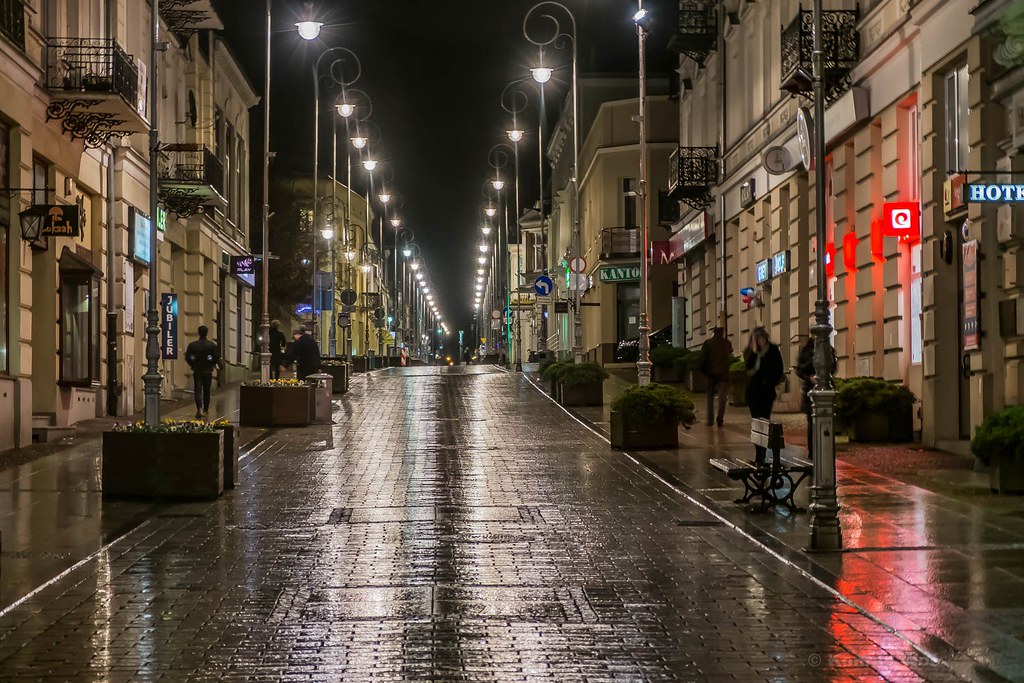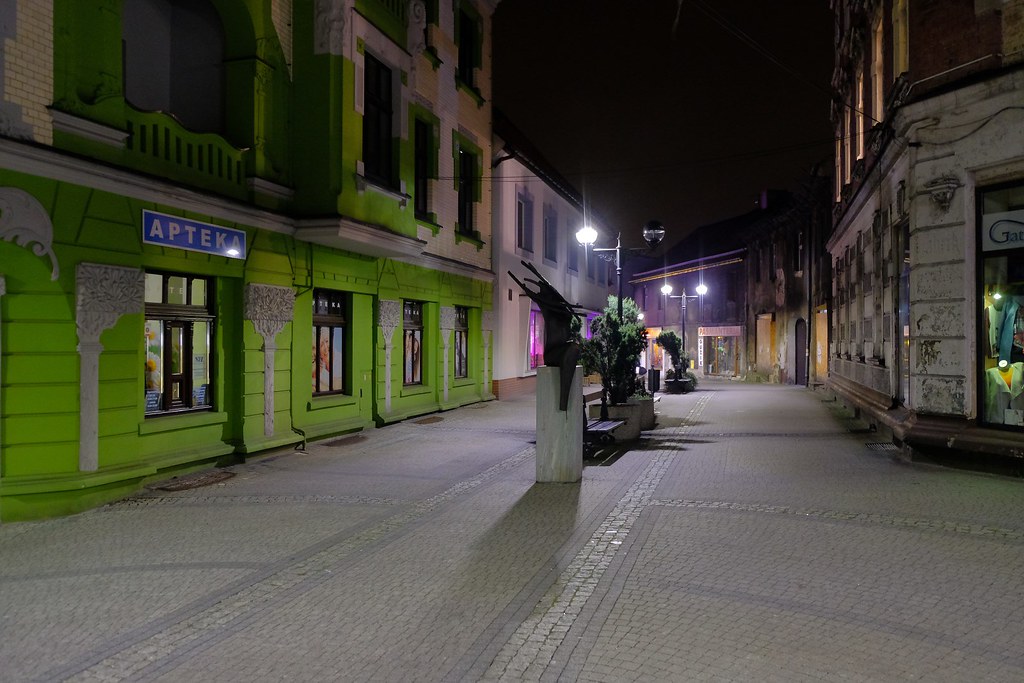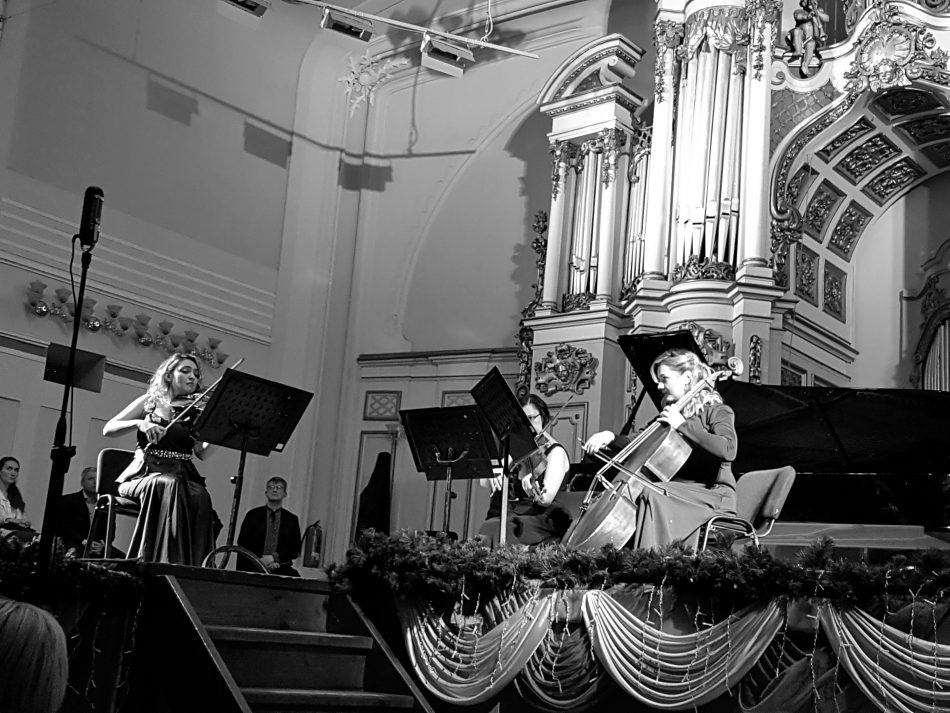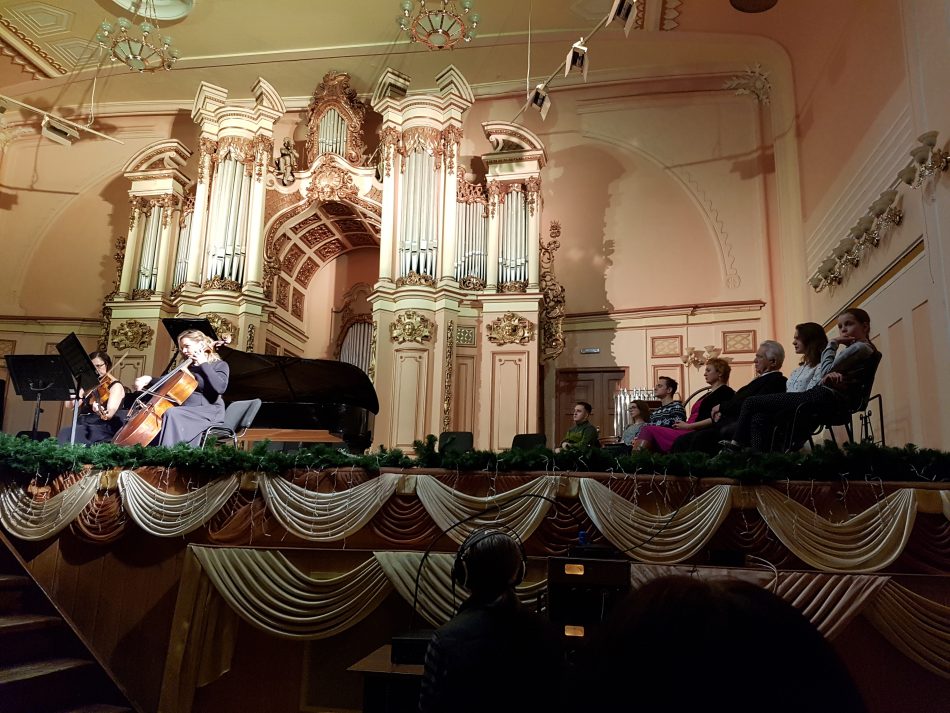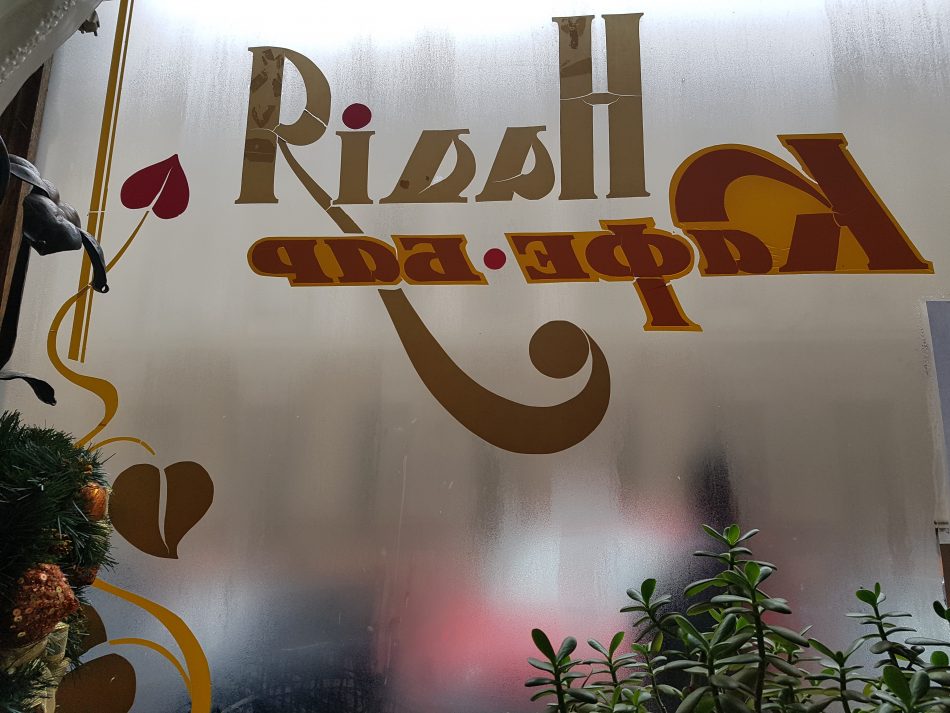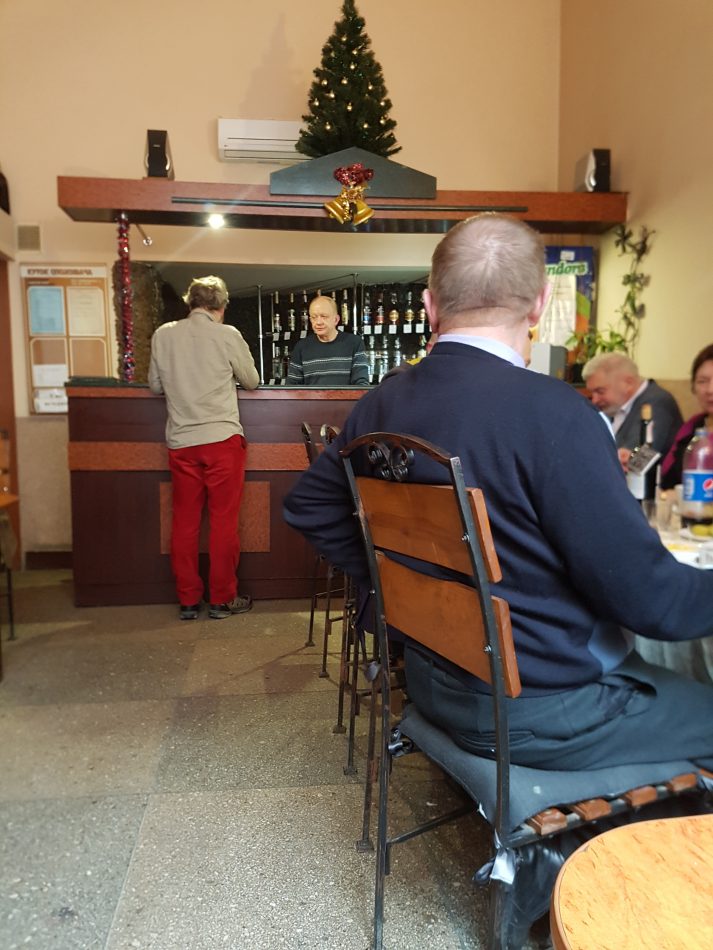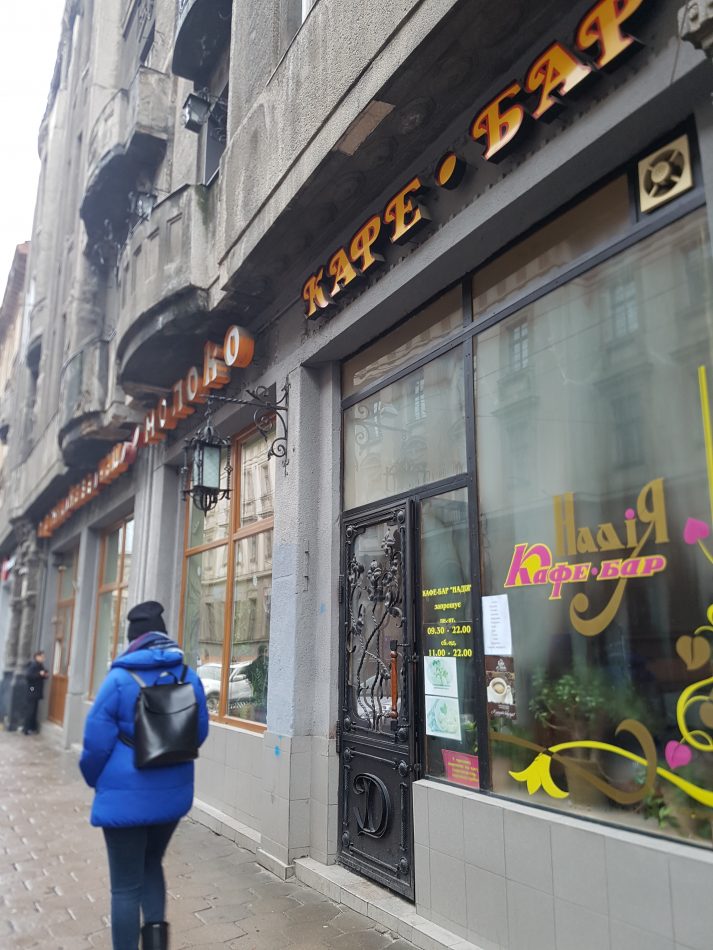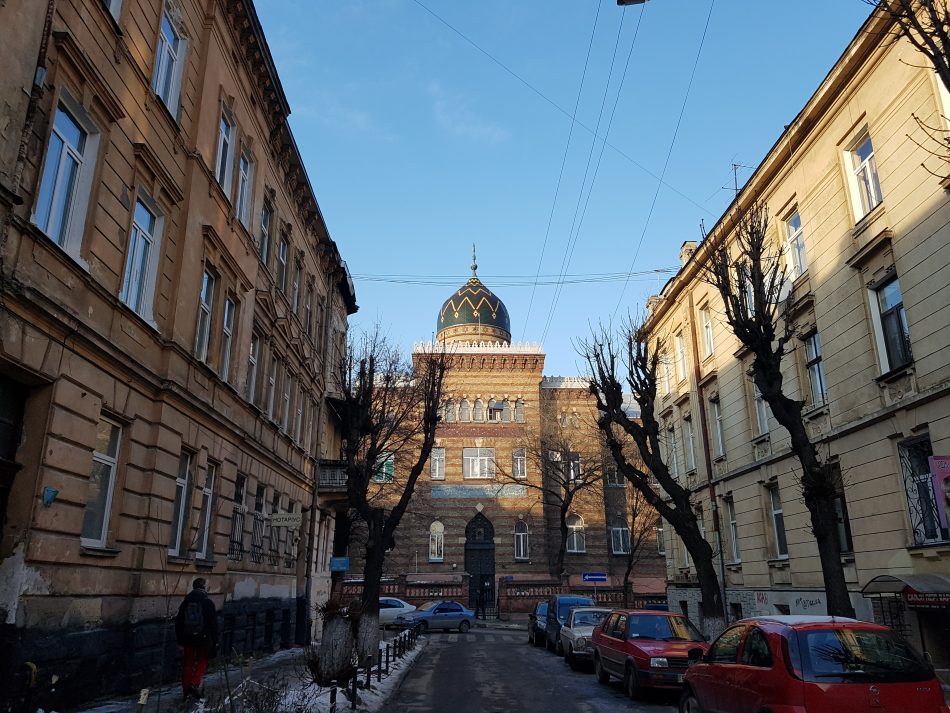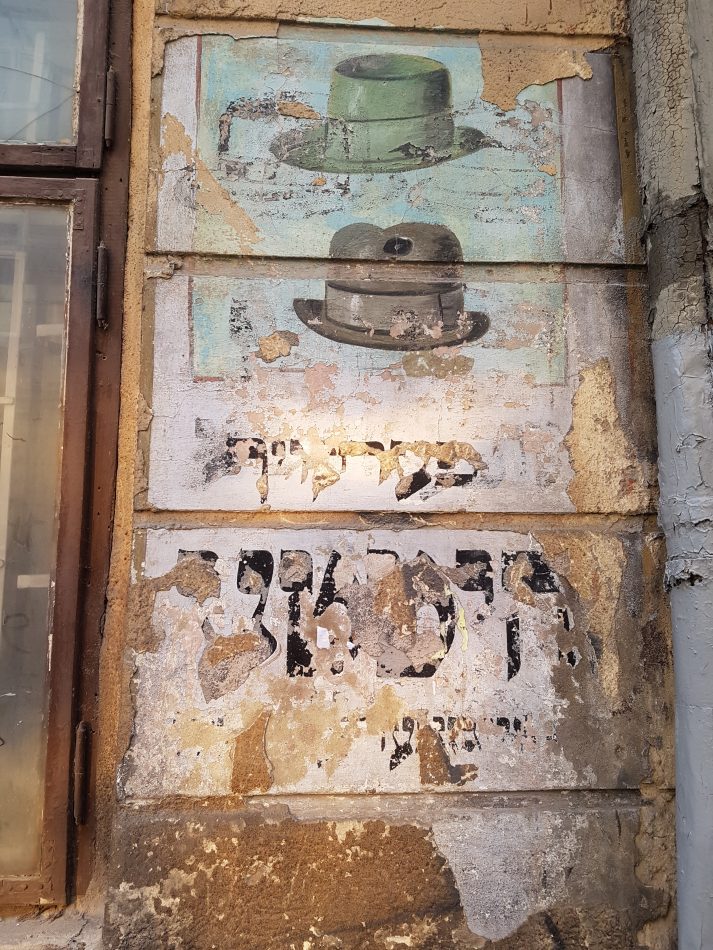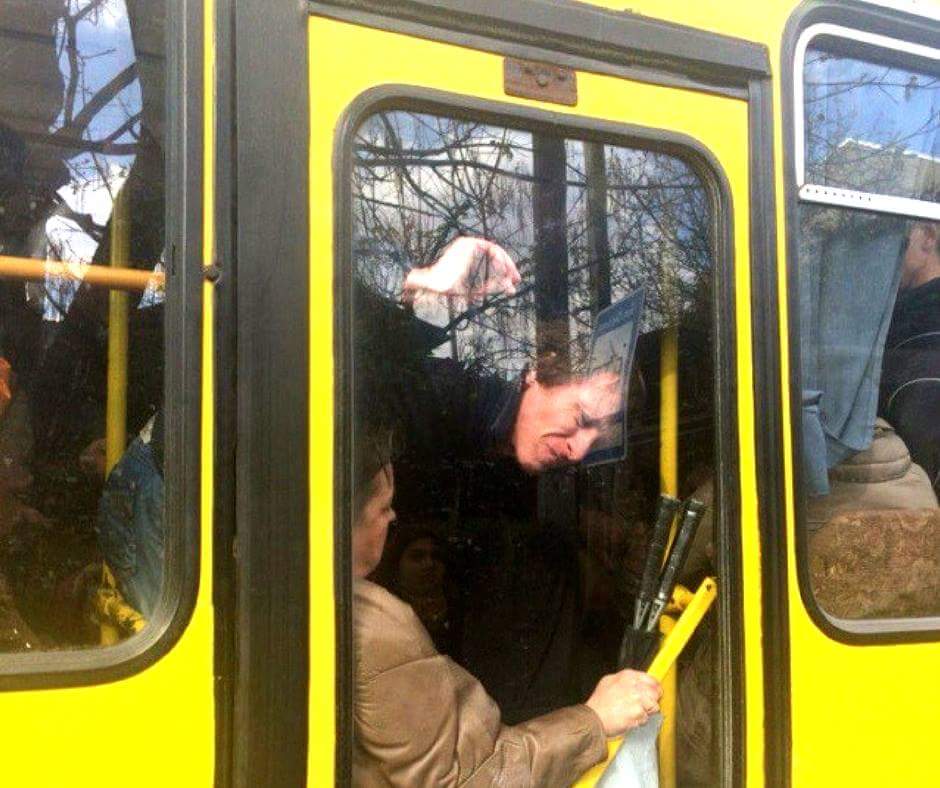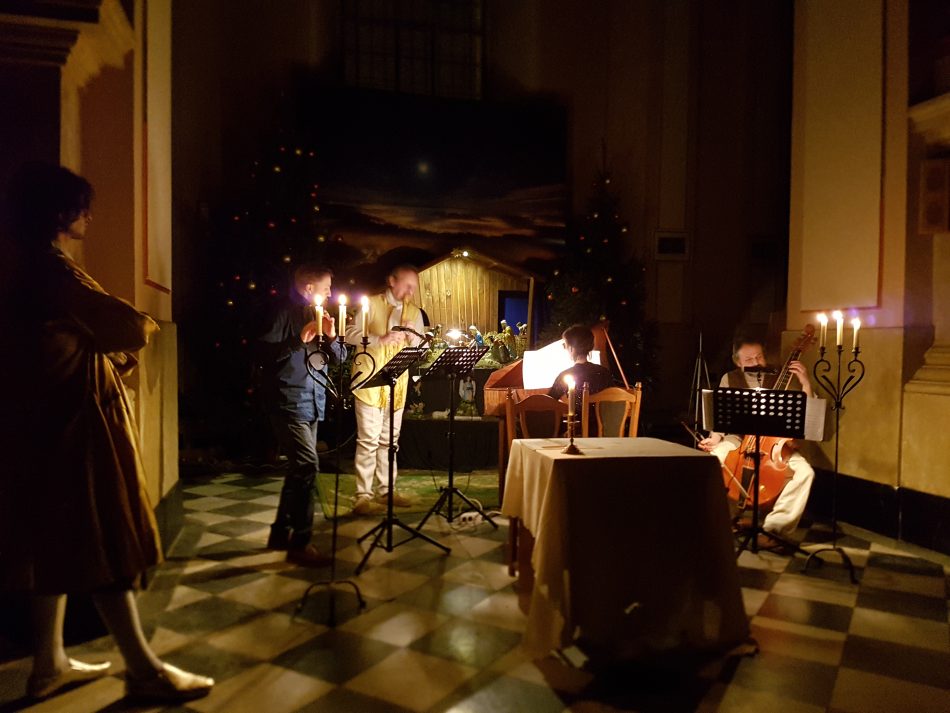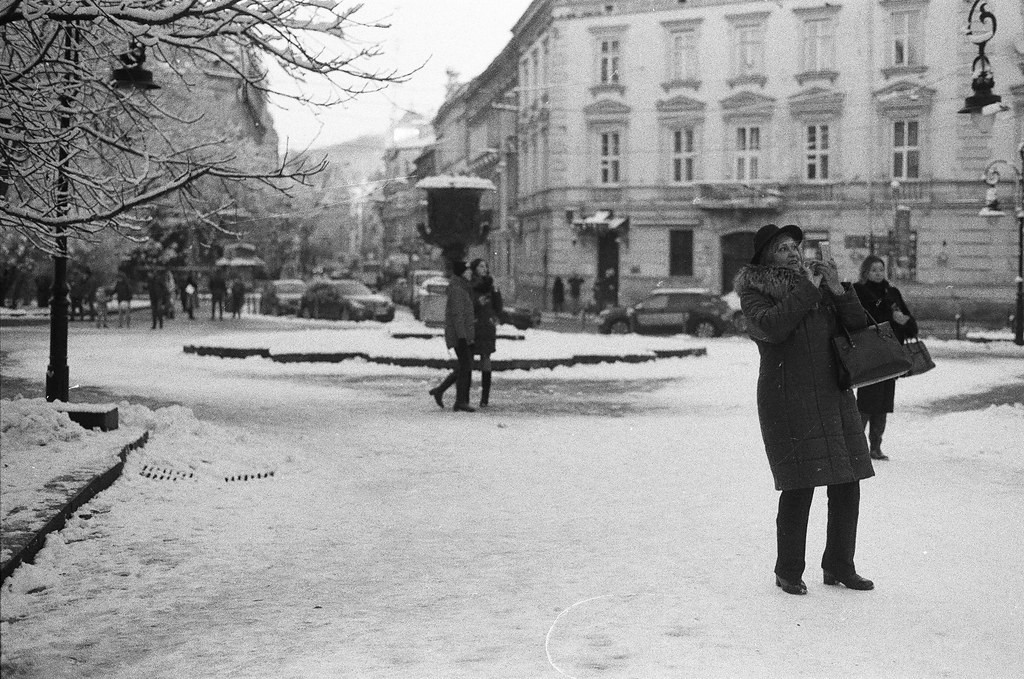Kungen av alla nätter – Konrad Woś
Category: by sophie engström, krönika, photography, poland
Tags: flickr, Konrad Woś, Polen, polska städer, sociala medier
Jag måste berätta om Konrad. Han är väl den första Konrad jag skriver om, och inte finns det så mycket att skriva om honom. Jag vet faktiskt ingenting om denne mystiske Konrad. Kanske är han inte ens en han utan en hon. Kanske heter Konrad istället Karolina. Om detta kan vi i alla fall dryfta länge, för vi vet ju inte i dagsläget. Konrad är dock Konrad för mig, och för alla andra som följer honom på flickr. Eller rättare sagt, Konrad Woś, för det är så profilen kallar sig.
Woś, vad är det för namn egentligen? Om man googlar hittar man många som lystrar till detta efternamn. En fotbollsspelare, en PiS-politiker och så vidare. Nå, ingen av dem är nämnde Konrad Woś. Jo, jag har hittat en Konrad Woś på Facebook också, men det skulle ju alldeles förta mysteriet om den på Facebook verkligen är den han är på flickr.
Det speciella med denne mystiske Konrad är att han tycks ha en särskild böjelse. Ja, det i sig gör ju inte Konrad unik på något vis. Vi har väl alla böjelser. Men hans böjelse får min fantasi att skena iväg alldeles förtvivlat.
Hans sida är fylld uppifrån och ner med bilder av en och samma sak, men ändå alltid olika. Bilderna är fångade i olika polska städer nattetid. Han tycks åka från den ena staden efter den andra och fånga in deras nattporträtt. Städer helt avskalade, utan människokroppar som skyddar. Helt nakna står städerna och tycks liksom undra över hans egendomliga mani.
Oftast är det små orter Konrad Woś tar oss till. Sådana som ögat och fingret gärna glider förbi när vi tittar på kartan över Polen. Våra ögon dras helst till de stora klumparna på kartan. De har det därför mer förspänt. Men de små har nattens riddare på sin sida, Konrad Woś.
Han åker från söder till norr, från väster till öster. Hela landet har antastats av denne mystiske Konrad som bara vill se städerna i mörker. Vad har man för jobb om man åker runt så där, undrar jag. Finns yrket gårdfarihandlare i Polen ännu? Eller är han fogde och åker runt för driva in skulder? (Det är säkert ett ljusskyggt yrke.) Eller är han kanske spion och kartlägger landet på det viset? Men det verkar förstås oerhört korkat att lägga upp det på flickr till allmän beskådan. Han kanske är biltestare! Men nja, varför då åka så långt? Nej, det troligaste är att han är TV-installatör. TV är ju något som alla verkar vilja ha, och nya installeras med jämna mellanrum. Men tanken lockar in mig på villovägar igen, det kanske finns ett speciellt yrke i Polen som innebär ett sådant flackande. Ett yrke som bara finns i Polen. Ett polskt mystiskt yrke, något vi andra inte vet någonting om.
Ju mer jag tänker på det, ju mer känner jag att jag absolut inte vill veta! Låt denne mystiske Konrad vara för evigt mystisk och obegriplig. För tänk vad han lärt mig om Polen. Det finns polska orter med väldigt polska namn. Fullkomligt omöjliga att uttala och tillika hart när icke möjliga att memorera. Kodat redan från början, alltså.
Ungefär som Konrad själv. Omöjlig att tolka, men trots det en av de roligaste och mest lärorika konton på något av alla dessa sociala medier som finns att uppbringa. Länge leve Konrad Woś och länge leve hans böjelse för tomma, avskalade och mörka polska städer.


